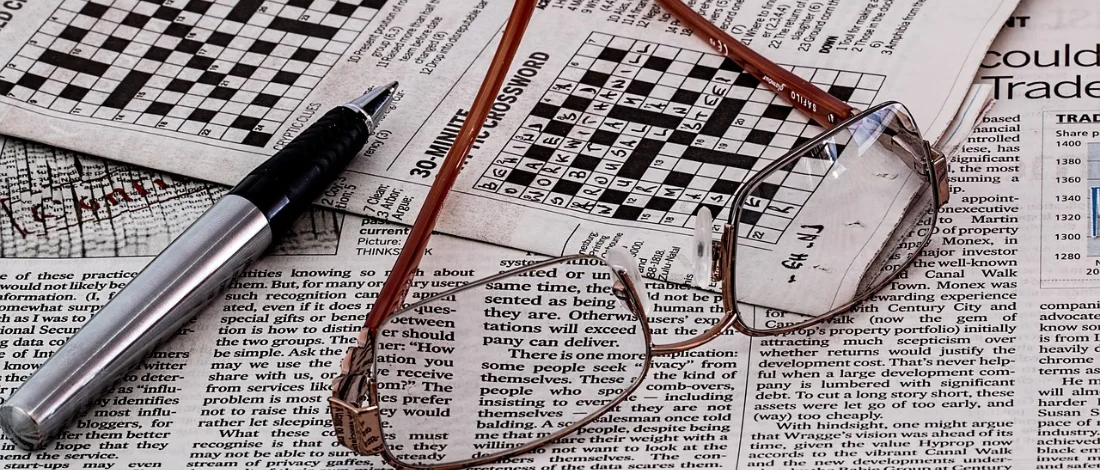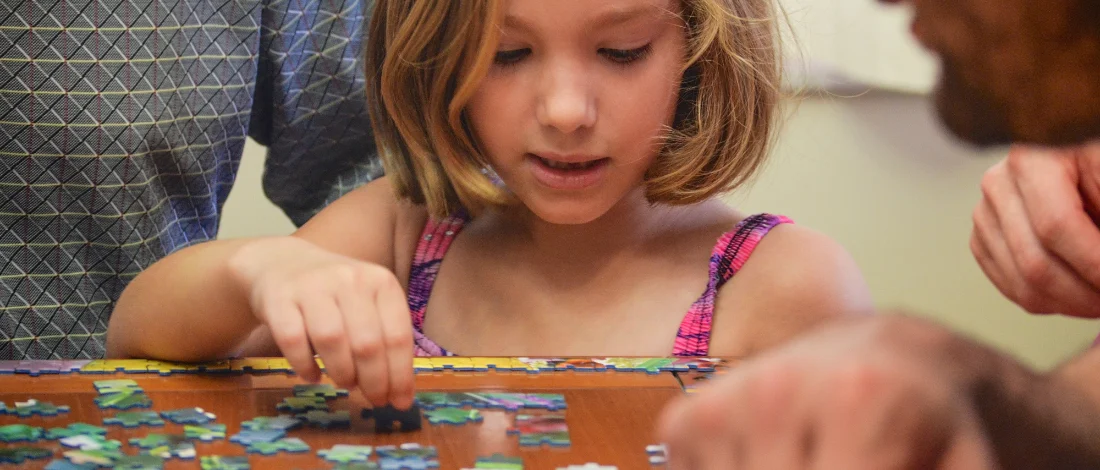Introduction
Puzzles have captured the human imagination for centuries. From ancient riddles to modern crosswords and Sudoku, these brain-teasers offer a tantalizing challenge that engages our intellect and sparks our curiosity.
But have you ever wondered why we find puzzle-solving so captivating? Delve into the intricate workings of the human mind as we explore the psychology behind solving puzzles.
The Appeal of Puzzles
Puzzles hold a unique appeal for people of all ages and backgrounds. One of the primary reasons for their popularity lies in the satisfaction of finding solutions.
The moment when all the pieces click together or the solution to a cryptic clue finally unveils itself brings a rush of accomplishment and pleasure.
This sensation of accomplishment causes dopamine, the "feel-good" neurotransmitter linked with rewards, to be released in our brains, resulting in an increased sense of fulfillment.
Engaging the Cognitive Machinery
Solving crossword puzzles is not merely a pastime; it is an exercise for the brain. The brain is a complicated organ made up of interconnected networks that are in charge of numerous cognitive activities.
Puzzles stimulate mental processes such as attention, memory, problem-solving, and pattern identification.
When faced with a puzzle such as a crossword puzzle, our attention becomes focused, blocking out distractions and honing in on relevant details.
This heightened attentional focus enhances our cognitive abilities and allows us to detect patterns and connections that might have otherwise gone unnoticed.
Furthermore, puzzle-solving stimulates memory retrieval, as we draw on past experiences, knowledge, and learned strategies to tackle the current challenge.
The Puzzle of Motivation

What keeps us coming back for more puzzles? One answer lies in the concept of intrinsic motivation. Unlike external rewards or incentives, intrinsic motivation arises from the inherent satisfaction and enjoyment derived from an activity itself.
Solving puzzles exemplifies this concept, as individuals are motivated by the pure pleasure of mental engagement, the thrill of discovery, and the desire to challenge their own abilities.
In addition to intrinsic motivation, puzzles offer a unique sense of autonomy and control. In a world where many aspects of our lives are beyond our influence, puzzles provide a contained and controllable environment.
They allow us to set goals, make progress, and experience a sense of mastery, empowering us to actively shape our own cognitive experiences.
The Cognitive Benefits
Beyond immediate gratification, puzzle-solving has numerous cognitive benefits. Studies indicate that consistently participating in puzzles has been shown to have a positive impact on cognitive function, encompassing areas such as memory, attention, and problem-solving skills.
Engaging in puzzle activities regularly can also enhance mental flexibility, stimulate creativity, and foster the capacity for critical thinking.
Just like physical exercise strengthens the body, puzzles serve as a mental workout, exercising and sharpening our cognitive machinery.
Puzzles as a Therapeutic Tool
Puzzles have also found their place in the realm of therapy. Their engaging nature, combined with their cognitive benefits, makes them a valuable tool for individuals undergoing cognitive rehabilitation, as well as those seeking stress relief and mental relaxation.
Solving puzzles can improve cognitive processes, promote mental well-being, and provide a welcome escape from daily pressures.
Conclusion
The allure of puzzles lies in their ability to unlock the potential of our minds. By engaging our cognitive machinery, puzzles offer a challenging and rewarding experience that captivates people across cultures and generations.
From sharpening our cognitive skills to promoting mental well-being, puzzle-solving provides a multitude of benefits.
So the next time you find yourself engrossed in a crossword or Sudoku, remember that you are unraveling not just the puzzle itself, but the intricate workings of your own mind.




